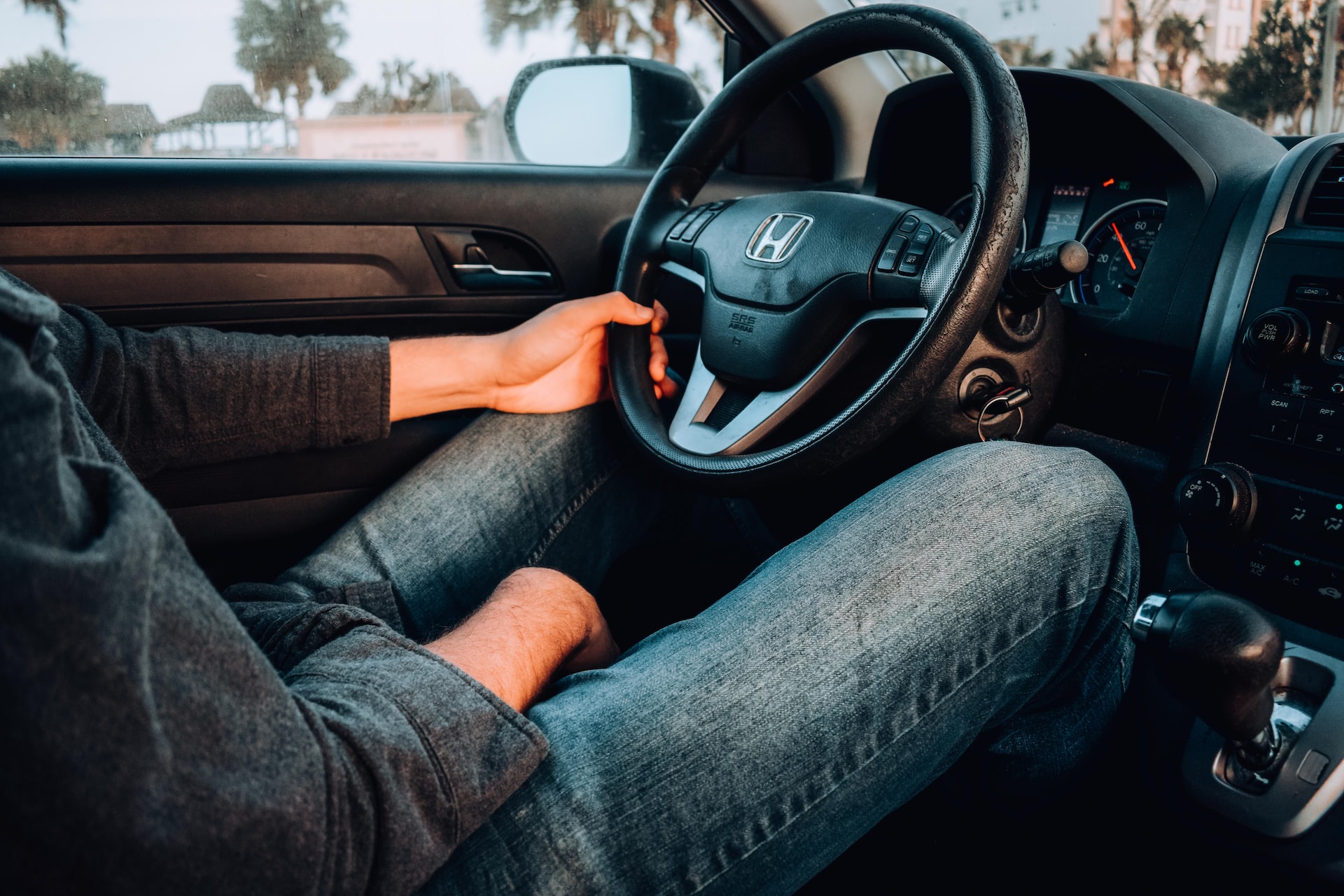As a car owner, you may be wondering if you can allow someone who is not on your insurance policy to drive your car. The answer to this question is not a straightforward one and depends on several factors, including the insurance coverage you have, the driver’s relationship to you, and the laws in your state. In this blog post, we will explore the topic of whether someone can drive your car if they are not on your insurance policy.
Insurance Policies
Before we dive into the topic of non-insured drivers, let’s first understand what insurance policies cover. Car insurance policies provide coverage for different types of situations, such as accidents, theft, and damage caused by natural disasters. Insurance policies usually come with different types of coverage, including liability insurance, collision insurance, and comprehensive insurance. The type of coverage you have and the coverage limits will determine what is covered in the event of an accident.
Non-Insured Drivers
If someone who is not on your insurance policy drives your car, they are considered a non-insured driver. While it may be tempting to let someone borrow your car, it’s important to understand the risks associated with allowing a non-insured driver to operate your vehicle. If the driver causes an accident, you and the driver may be held responsible for any damages or injuries that result from the accident.
Liability Issues
Liability issues can arise in case of an accident involving a non-insured driver. If the driver causes an accident, you, as the car owner, could be held responsible for any damages or injuries that result from the accident. Depending on the laws in your state, you may be required to pay for damages and medical expenses, which can be costly. If the driver is at fault, they may also be held responsible for damages and injuries, which could result in legal consequences.
Exceptions to Insurance Coverage
There are some exceptions to insurance coverage when it comes to non-insured drivers. For example, if you allow someone to use your car for a specific purpose, such as running errands, this may be considered permissive use, and your insurance policy may provide coverage. However, if the driver uses your car for their own purposes, such as going on a road trip, this may not be covered under your insurance policy.
Options for Non-Insured Drivers
If someone who is not on your insurance policy needs to use your car, there are several options available. They can obtain temporary coverage, which provides short-term coverage for drivers who are not listed on the car owner’s insurance policy. They can also be added to the car owner’s insurance policy as an additional driver. Alternatively, they can obtain a non-owner car insurance policy, which provides coverage for drivers who do not own a car but need to drive one occasionally.
In conclusion, the answer to the question of whether someone can drive your car if they are not on your insurance policy is not a straightforward one. It depends on several factors, including the insurance coverage you have, the driver’s relationship to you, and the laws in your state. While it may be tempting to allow someone to use your car, it’s important to understand the risks associated with allowing a non-insured driver to operate your vehicle. If you are unsure about your insurance coverage, it’s always a good idea to speak with your insurance provider to ensure you have the right coverage in place.

The Retired Cop dedicated 35 years to serving as a police officer, where he gained extensive experience by working in various specialized units such as patrol, SWAT, major case investigations, and traffic enforcement. His diverse background in law enforcement has equipped him with a deep understanding of criminal justice and operational procedures. This expertise allows him to offer valuable insights into legal matters, drawing from his extensive knowledge of the justice system.





